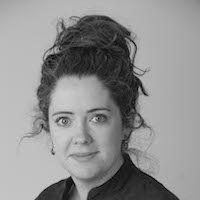
Post-Doctoral Researcher/Senior Post-Doctoral Researcher – SELFS
Role
- Have a strong research track record in modelling future climate mitigation pathways, ideally with expertise in Integrated Assessment Modelling (IAM) or Energy Systems Optimisation Modelling (ESOM);
- Have deep understanding of the climate impacts of energy, food and/or land systems, including mitigation options, and be motivated to expand their expertise to encompass all three areas;
- Be driven by the desire to understand the causes of (and propose solutions to) the climate crisis;
- Have ability to lead collaborative research papers and co-supervise doctoral researchers;
- Have excellent communication skills, including fluent written and spoken English, and a track-record of both academic writing and translating the significance of their research to non-specialist audiences, particularly policymakers.
Working Location
The successful applicant will be based in UCC’s Environmental Research Institute (ERI) (https://www.ucc.ie/en/eri/), which is an internationally-recognised institute for environmental research dedicated to the understanding and protection of our natural environment and to developing innovative technologies, tools and services to facilitate a transformation to a zero-carbon and resource-efficient society. Overlooking a protected natural reserve and the River Lee, the ERI is a welcoming, diverse and modern workplace. The researcher will also be affiliated with MaREI, the SFI Centre for Energy, Climate and Marine (www.marei.ie).
Candidates should apply, in confidence, before 12 noon (Irish Local Time) on Friday, 5 May 2023. No late applications will be accepted.




